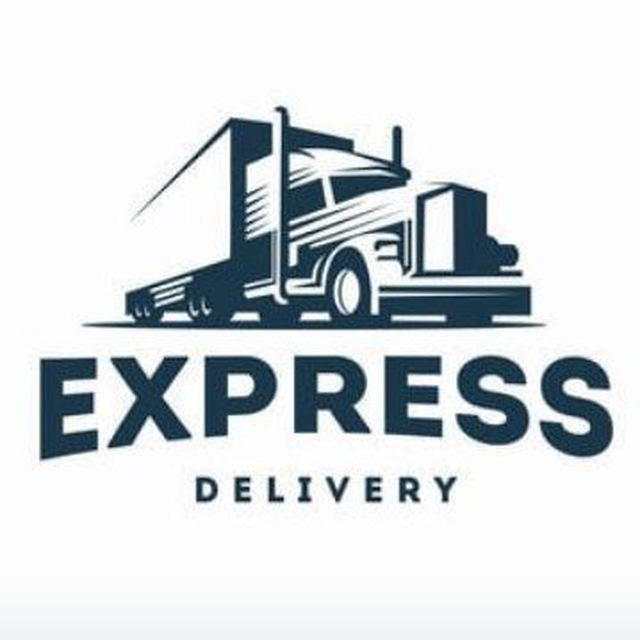Search Engine Marketing: PPC Campaign Optimization and Keyword Strategy
In today’s digital landscape, search engine marketing (SEM) has become an essential tool for businesses to reach their target audience and drive online conversions. Pay-Per-Click (PPC) advertising is a crucial component of SEM, allowing advertisers to create targeted campaigns that deliver measurable results. However, with the vast amount of competition in PPC advertising, it’s not enough to simply set up a campaign and hope for the best. To maximize ROI, businesses need to optimize their PPC campaigns and develop effective keyword strategies.
Understanding PPC Campaign Optimization
https://firefoxcasinowinau.com/ PPC campaign optimization is an ongoing process that involves continuously improving the performance of your ads by monitoring and adjusting various elements. This includes:
- Ad copy: The language used in ad headlines, descriptions, and extensions.
- Landing pages: The web pages where users are directed after clicking on an ad.
- Bidding strategies: The methods used to set bids for individual keywords or ad groups.
- Targeting options: The criteria used to determine which users see your ads.
To optimize a PPC campaign, you need to regularly review and analyze performance metrics such as click-through rates (CTR), conversion rates, cost-per-click (CPC), and return on ad spend (ROAS). This data will help you identify areas for improvement and make informed decisions about how to allocate budget.
Keyword Strategy: The Foundation of PPC Success
Keywords are the backbone of PPC advertising. They determine which users see your ads and drive relevant traffic to your website. To develop an effective keyword strategy, consider the following:
- Research : Identify relevant keywords using tools like Google Keyword Planner, Ahrefs, or SEMrush.
- Long-tail keywords : Target more specific phrases that have lower competition and higher conversion rates.
- Negative keywords : Exclude irrelevant terms to prevent wasted budget and improve ad relevance.
- Keyword grouping : Organize related keywords into ad groups for efficient management.
A well-structured keyword strategy not only improves ad relevance but also helps you stay ahead of the competition. By continuously monitoring and adjusting your keyword strategy, you can refine your targeting and ensure that your ads reach the right audience at the right time.
Advanced PPC Campaign Optimization Techniques
To get the most out of your PPC campaigns, consider implementing advanced techniques such as:
- Bid optimization : Use bid strategies like automated bidding or machine learning algorithms to optimize bids in real-time.
- Ad rotation : Regularly update ad copy to keep messaging fresh and relevant.
- Landing page optimization : Ensure that landing pages match the user’s search query and provide a seamless experience.
- Budget allocation : Allocate budget strategically across campaigns, ad groups, and keywords.
By incorporating these advanced techniques into your PPC strategy, you can increase campaign efficiency, reduce wasted spend, and drive more conversions.
Measuring Success: Tracking and Analyzing Performance Metrics
To determine the effectiveness of your PPC campaigns, track key performance indicators (KPIs) such as:
- Conversion rate : The percentage of users who complete a desired action.
- Cost-per-conversion : The cost of acquiring one conversion.
- Return on ad spend (ROAS) : The revenue generated by an ad campaign compared to its cost.
Regularly analyze these metrics to identify areas for improvement and adjust your campaigns accordingly. By monitoring performance closely, you can make data-driven decisions that drive better ROI and achieve your marketing goals.
Conclusion
Search engine marketing is a complex landscape, but with the right strategies and techniques, businesses can succeed in driving online conversions and revenue. PPC campaign optimization and keyword strategy are critical components of SEM, requiring continuous attention to detail and analysis to maximize results. By understanding how to optimize campaigns, develop effective keywords, and track performance metrics, you’ll be well on your way to achieving success in the world of search engine marketing.
Additional Resources
For further guidance on PPC campaign optimization and keyword strategy, consider consulting industry experts or online resources such as:
- Google Ads documentation
- Search Engine Land
- PPC Hero
By combining these best practices with ongoing education and training, you’ll be equipped to tackle even the most complex SEM challenges.
